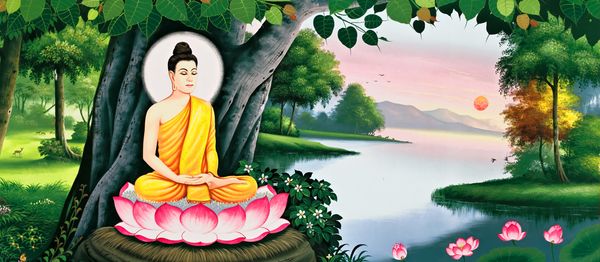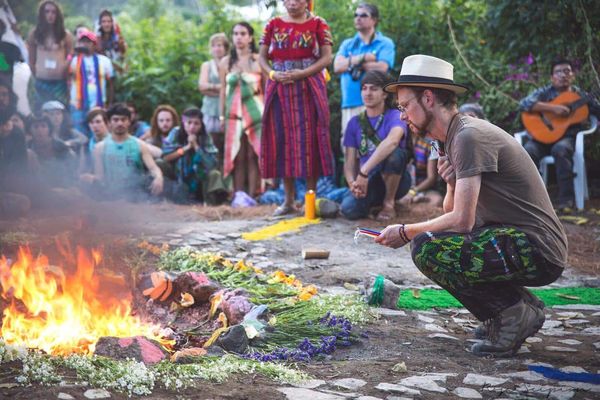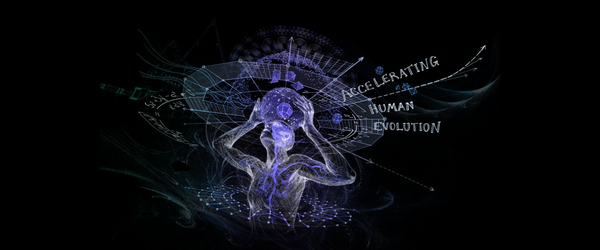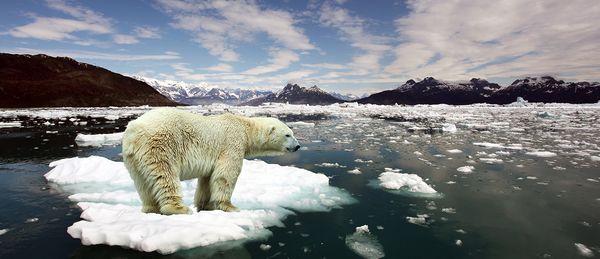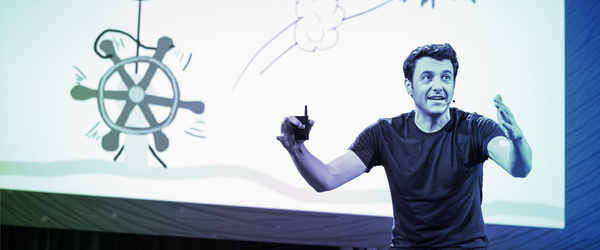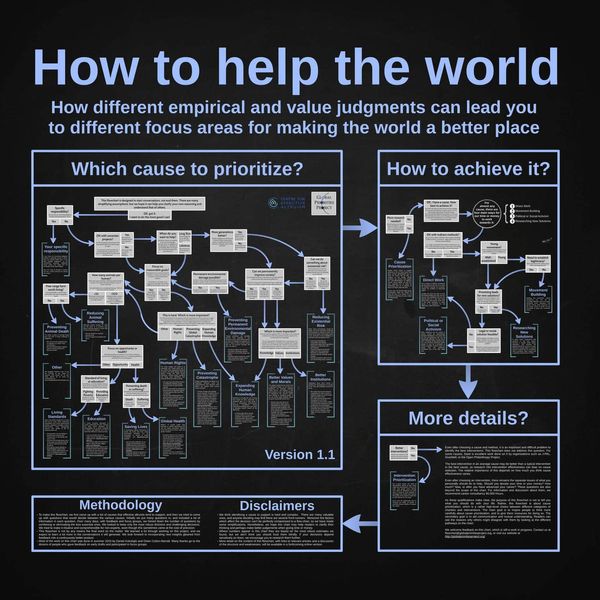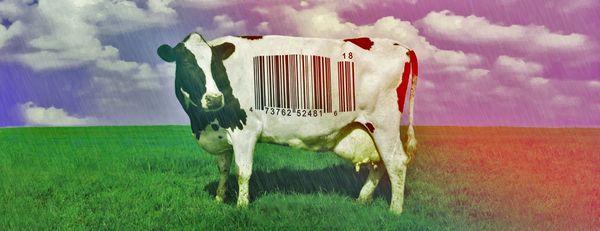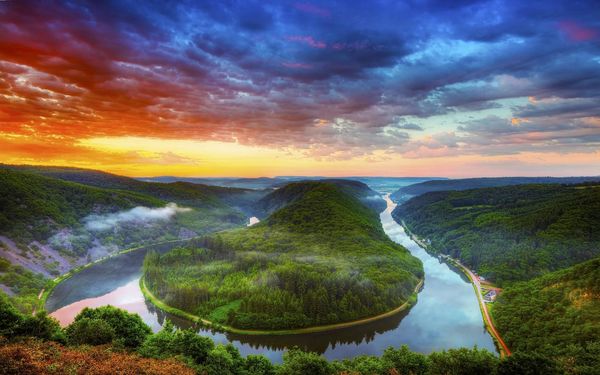Steve Taylor • • 6 min read
The Hidden Psychological Disorder that is Leading us to Catastrophe

Are we Ecopsychopaths?
A couple of years ago I was staying in New York State, in the woods near a village called Rhinebeck.
I fell in love with the countryside. I loved walking in the woods, swimming in the lake and staring up at the clear night sky. I saw groundhogs, white-tailed deer, and lots of lizards—animals that are unfamiliar to the UK, where I live.
The atmosphere of the countryside was subtly different from the British countryside—lighter and fresher, somehow more benevolent, with a sense of harmony and aliveness. I’ve read a lot about Native Americans, and it was easy to imagine them feeling at home in such a landscape. After all, it’s only over the last three centuries or so that the area has been dominated by European settlers. Before then, for thousands of years, such landscapes were the preserve of Indians. There is very little overt evidence of their culture now—except in place names like Poughkeepsie and Coxsackie—but somehow I felt that the environment was pervaded with their presence.
I’ve always been fascinated by the differences in the way that modern Westerners and indigenous peoples such as Native Americans perceive the world.
There seem to be two main differences.
One is that indigenous peoples generally perceive the world around them as animate and sacred.
While out hunting, Dakota Indians would pause “for an instant in an attitude of worship…[whenever] they come upon a scene that is strikingly beautiful or sublime.” Or as the Lakota holy man Black Elk said, “Every step that we take upon the Earth should be done in a sacred manner; every step should be taken as a prayer.”
On the other hand, we ‘civilized’ Westerners tend to see the natural world as an incidental backdrop to our lives and pay little attention to it.
Whereas Indians sensed that their natural world was worthy of their respect and reverence, we tend to think of it as just a supply of resources. Our scientists tell us that other life forms are just biological machines, while natural phenomena are simply inanimate objects, made up atoms. To us, the natural world does not seem to have the qualities of vividness and sacredness that indigenous groups perceived.
The second—and perhaps most important—difference is that indigenous people generally feel a strong sense of connection to the natural world, whereas we tend to experience a sense of separation from it.
In a fundamental way, we feel that we are outside nature, rather than part of it. We feel that we—as the Bible advocates—“have dominion…over all the earth and over every creeping thing that creeps on the earth.”
We see ourselves as a distinct and higher form of life, and so feel entitled to use the natural world for our own devices.
In contrast, Native Americans felt intimately bonded with their land. Their land was part of their being. As a Nez Perce chief, Tuhulkutsut, said at a meeting with US government representatives in 1877, “The earth is part of my body. I belong to the land out of which I came. The earth is my mother.”
Tellingly, the representative’s reply to this was: “Twenty times over [you] repeat that the earth is your mother… Let us hear it no more, but come to business.”
Ecopsychopathy
The basis of Indigenous peoples’ attitude to nature is a sense of empathy towards it.
They appear to sense a common consciousness or spirit which pervades both their own beings and the rest of creation so that we are all expressions of the same underlying principle.
But we modern westerners seem to lack this empathy to nature.
In fact, our attitude toward the natural world could be characterized as psychopathic.
The fundamental characteristic of psychopathy is a lack of empathy, which leads to an exploitative and manipulative attitude towards other people.
And that is a very good description of our attitude toward nature. Psychopaths’ relationships with other people are based on control and exploitation. Other people only have value to them to the extent that they can help satisfy their desires and ambitions. And nature only has value to the extent that we can use it to satisfy our material and economic desires. And unfortunately, ecopsychopathy (as it might be termed) is much more general and widespread than psychopathy itself.
According to the Diagnostic and Statistical Manual of Mental Disorders (as used by American psychiatrists), there are over 400 different types of mental disorders.
Some of these are highly controversial. There are suspicions that mental disorders have been created too freely and arbitrarily, with insufficient distinctions between them, partly under pressure from pharmaceutical companies who make vast amounts of money by offering drugs to treat new conditions.
But in my view, ecopsychopathy should definitely be added to the list of disorders, since its consequences are so serious.
It can be described as a “lack of empathy, connection or sense of responsibility to the natural world, resulting in its abuse and exploitation.” The consequences of this disorder are enormous, massively outweighing those of any other psychological condition.
On an immediate level, ecopsychopathy results in a degradation of our living environment which causes dislocation and unease. As the fields of ecopsychology and ecotherapy have shown, human beings feel a strong sense of connection to nature. We feel at home in it, because it’s been our home for hundreds of thousands of years. Contact with nature heals us. Lack of contact with nature harms us.
On a wider scale, our sense of separation from nature and inability to sense its aliveness is at the root of our present environmental crisis.
At the moment, we are witnessing a degradation of the world’s eco-systems which is completely unparalleled – the mass extinction of other species, desertification, the dwindling of water supplies, the melting of massive areas of Arctic ice, and so on.
If we felt any respect or reverence for natural phenomena and any sense of connection to them, then it would have been impossible for us to exploit and abuse our environment to this extent. At the same time, if we felt the same sense of connection to nature as the Indians, we wouldn’t experience the same sense of existential emptiness and dislocation which fuels our insatiable desires for material goods, wealth and power — which in turn fuels our rapacious consumption and contamination of the natural world.
Ultimately, ecopsychopathy threatens the survival of the human race.
The endpoint of our exploitative and manipulative attitude towards the natural world is surely the complete disruption of the fragile eco-systems on which our life depends.
Healing Ecopsychopathy
Almost from the first moment Europeans arrived on their shores, Indians were horrified by their exploitative attitude to the land, their determination to tear up the surface of the earth to pieces in their search for resources and wealth.
In other words, indigenous peoples have always recognized that we suffer from ecopsychopathy, even if they would not have used that term.
As Chief Joseph of the ‘Nez Perce’ Indians stated, “The country was made without lines of demarcation and it is no man’s business to divide it… The only one who has the right to dispose of [the land] is the one who has created it.”
The Indians knew that this attitude to nature was unhealthy, against the natural order of things, and would ultimately lead to massive damage and destruction. As Chief Seattle is reported to have said in 1854, “His [the white man’s] appetite will devour the Earth and leave behind only a desert.”
Perhaps all is not lost though. Fortunately, there may be one essential difference between ecopsychopathy and psychopathy. Most psychologists believe that psychopathy is incurable.
But this may not be the case with ecopsychopathy.
Although our mainstream culture is afflicted with ecopsychopathy, there are many millions of individuals who do feel a strong sense of empathy toward nature. Many of us feel as horrified by our culture’s systematic abuse of the natural world as Native Americans have always been.
Perhaps a cultural change is underway. Perhaps we are beginning to remember something that other peoples have always known: that we don’t live in the world, we are part of it.
When we abuse nature, we are really only abusing ourselves.
We are connected to nature, whether we’re aware of it or not. And our survival depends on being able to sense this connection.
It’s difficult to imagine such a lush landscape as rural New York State as a desert. Perhaps if we can recapture a sense of connection to nature, and an awareness of its aliveness and sacredness, then it never will be. With growing worldwide awareness of environmental issues and a burgeoning movement against materialism and back towards simplicity, there are some signs that these qualities are returning. And it may be that our survival as a species depends on them doing so.

